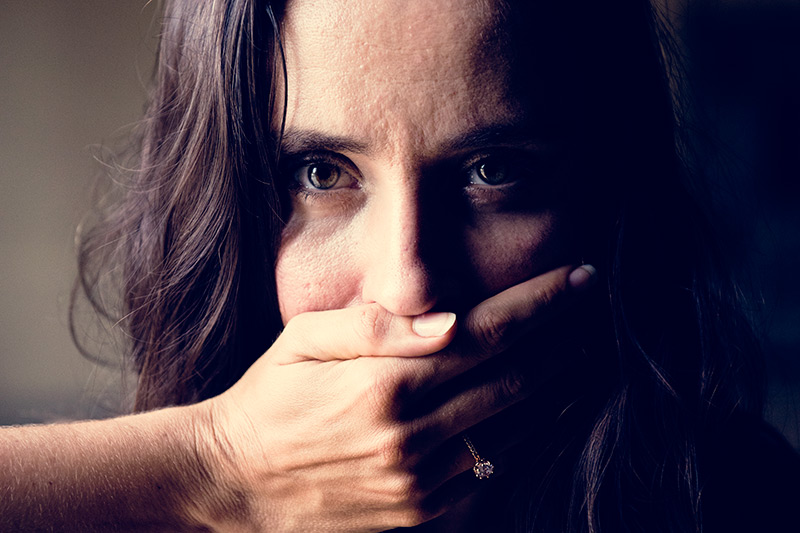When I first started tuning in to my brain and my thoughts, I was shocked at how negatively I viewed life and how critical I was of myself. I was immeasurably stricter with myself than I was toward any other human. My expectations were unachievable, and when I did not meet them I blamed myself.
I spent some time trying to analyze why I had these thoughts in the first place. Was it the family culture I was raised in? Was it a general insecurity from something in my childhood? Maybe this is just how humans are programmed- to see the negative in order to make improvements for survival?
Ultimately, I resolved that why I began to negatively berate myself was not important. I could recognize the pattern and decide how I wanted to change without having to know why. In fact, knowing why was just a form of blaming or justifying myself.
I decided I would no longer tolerate any negative self talk. Whatsoever. There was nothing good that came from it, it didn’t make me want to be a better person. It made me feel worse about myself, which meant I would not show up the way I wanted to in life.
I first resolved to stop saying negative things about myself out loud. I started to notice how many times I would try and diffuse the situation by self deprecating comments. I was used to saying things like “oh my brain is not working today” or “I am such a wreck” to justify to others why I was not “perfect”. I no longer allowed myself to say out loud, “I’m so stupid,” “I’m always late,” or “I am horrible at this.”
When I forgot to pick up something from the store, I tried to react with compassion and understanding. Just as if I was talking to one of my children or a friend. I would not talk to another human as cruelly or rudely as I would talk to myself. And most of us would not tolerate another person talking to us like this.
Once I was able to stop talking negatively about myself out loud, I began working on the way I think about myself.

Remember, we have 60-70,000 thoughts per day, and 95% of them are subconscious. So don’t get frustrated if this is not a quick and easy change to make. Those negative thoughts you may be in the habit of thinking can come up, but you can acknowledge them and move on rather than believing them!
Sometimes I would even say, “I hear you brain.” Or, “sweet brain, I know you think these thoughts are necessary but I don’t think that way anymore.”
There is a type of Buddhist meditation called “Vipassana”. It is translated as “insight” or “clear seeing”, but also means “to look at from different points of view.” Imagine a clock. When we look at the face of the clock, it may look like a circle. When we look at it from the side, it may look like a long rectangle or line. In order to really see the clock in reality, we have to look at all sides of it.
This is what we can do when we have negative thoughts or thoughts that are no longer serving us. Examining the thought, and trying to see them from a different point of view, allows us to see the true nature of the situation rather than just accepting the view seen through the filter of ourselves.
“My children misbehave in public.” What do I make that mean? That must mean that I am failing as a parent, right? Would it be possible for a “good” parent to have children that misbehave in public? Is it true that my children’s behavior is a reflection of my parenting aptitude?
Bryon Katie, in Loving What is, uses the analogy of a projector. We all interpret the world through our own lens of reality. When there is dust on the lens, then everything we see appears flawed. So we try to “fix” other people, seeing the shortcomings in other people that are actually things we have issues with ourselves.
Any emotional pain we have are clues that we have thoughts that are in contrast with reality. When we analyze these thoughts, and apply them to ourselves, we have a path of how we need to change to reach inner peace.
Your brain will offer you negative thoughts and negative ways to view the world. It is our choice whether we believe our brain and accept these thoughts without questioning them. The more we question our painful thoughts and accept reality, the more peace we will have.

Leave A Comment
You must be logged in to post a comment.